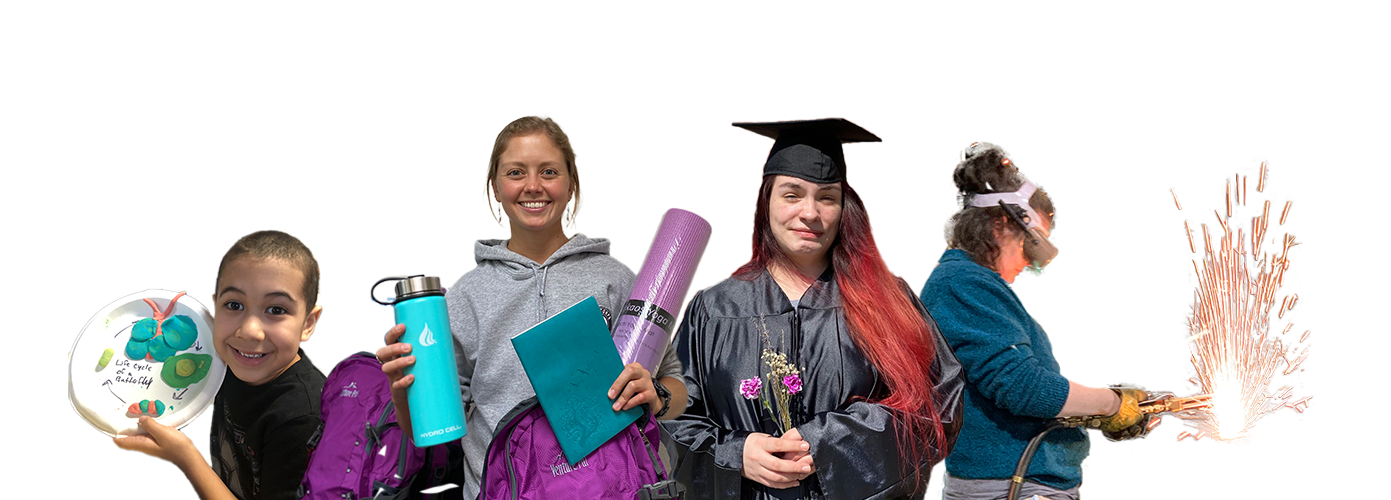
A letter from the executive director
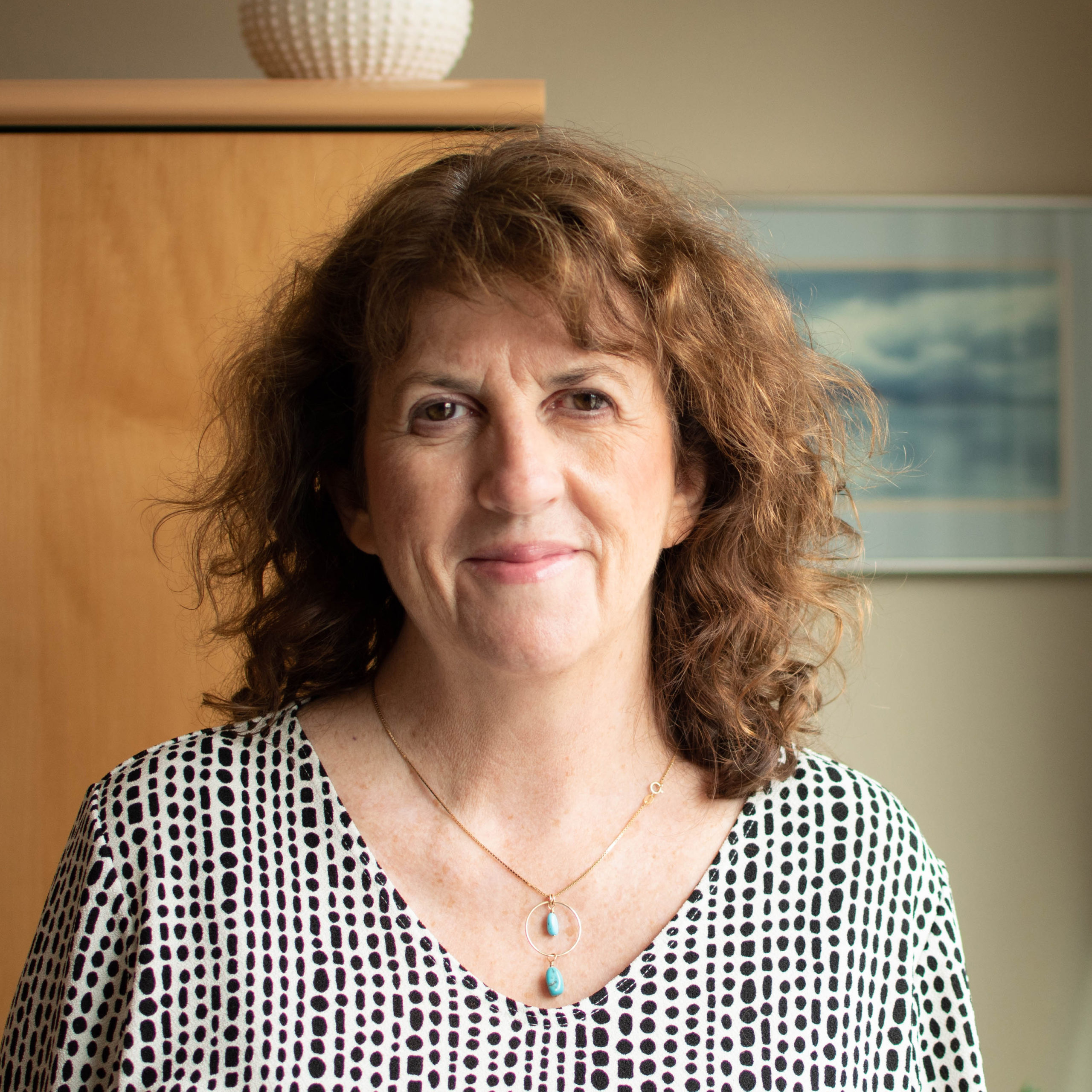
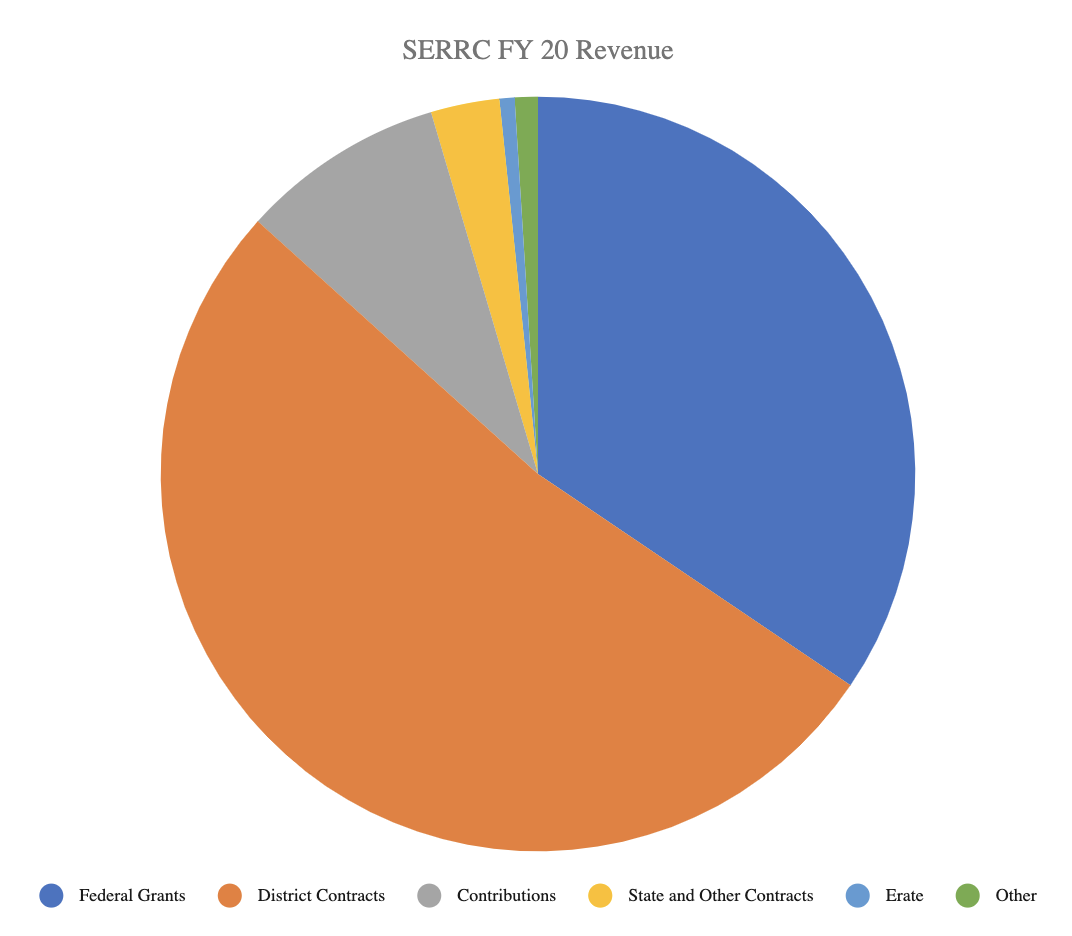
SERRC's annual audit takes place in October of each year. Presented here are the audited FY20 revenues.
It is an honor to greet you as SERRC’s new executive director. Although new to the role I’m not new to SERRC, having started my 30th year in an organization that has impacted the education of Alaskans of all ages since 1976. Forty-five years of creating a better life through education, SERRC recognizes the need and embraces opportunities to continue to support the education goals of the state and every individual who lives here. SERRC will always draw its strength from the passion and experience of its dedicated staff who develop and implement programs and services, and I’m confident that SERRC will continue to meet and exceed expectations.
While we look back at the year gone by through the data and stories shared in this report, I want to acknowledge SERRC’s past but take a moment to focus on our future. The newly expanded professional learning department, led by SERRC’s new associate director, Jackie Wood, is expanding offerings to help close the achievement gap through literacy and a deep focus on cultural proficiency and restorative practices. Increasing awareness of the needs surrounding social and emotional health has expanded our Mental Health First Aid training for both youth and adults, created a school counseling program for two school districts, and added the STOPit school violence anonymous reporting system to improve the safety and well-being of all students.
As we strive to be good stewards of learning opportunities I want to say thank you to partners like GCI who supported the statewide Academic Decathlon program for many years. This year the baton was passed to SERRC and we are working to expand the program and add the Academic Pentathlon to provide strong learning opportunities for both middle and high school learners of all abilities.
I look forward to working with you to support both educators and learners achieve their goals.

21st Century Community Learning Center
The after school program at June Nelson Elementary School in Kotzebue serves K-2 students and invites them to “Come Play and Learn” as they engage in both academic and enrichment activities. This year due to the pandemic the program pivoted from in-person learning to virtual learning. Students received weekly take-home packets and participated in on-line lessons, twice weekly with their teacher.
In a year of change many positive strides were made including:
Consistent communication with families via email, social media, phone calls, and support from our program's on-site lead teacher to ensure virtual lessons, meetings and observations could take place
Monthly newsletters and Facebook posts contained parent tips about how to implement and support their child's learning from home, with an average of 103 people reached per post
710 take-home packets created and 91% picked up throughout the school year
In late March, "Super Saturday'' sessions offered teachers and students an opportunity to come play and learn together, and, in-person again
Students enjoyed enrichment activities such as face mask design, Halloween crafts, the science of snowflake creation, made holiday ornaments, learned to wash hands effectively, SEL activities and much more. These together with more academically focused lessons like those on flight made for well-rounded learning experiences
Each student received a backpack filled with summer learning activities
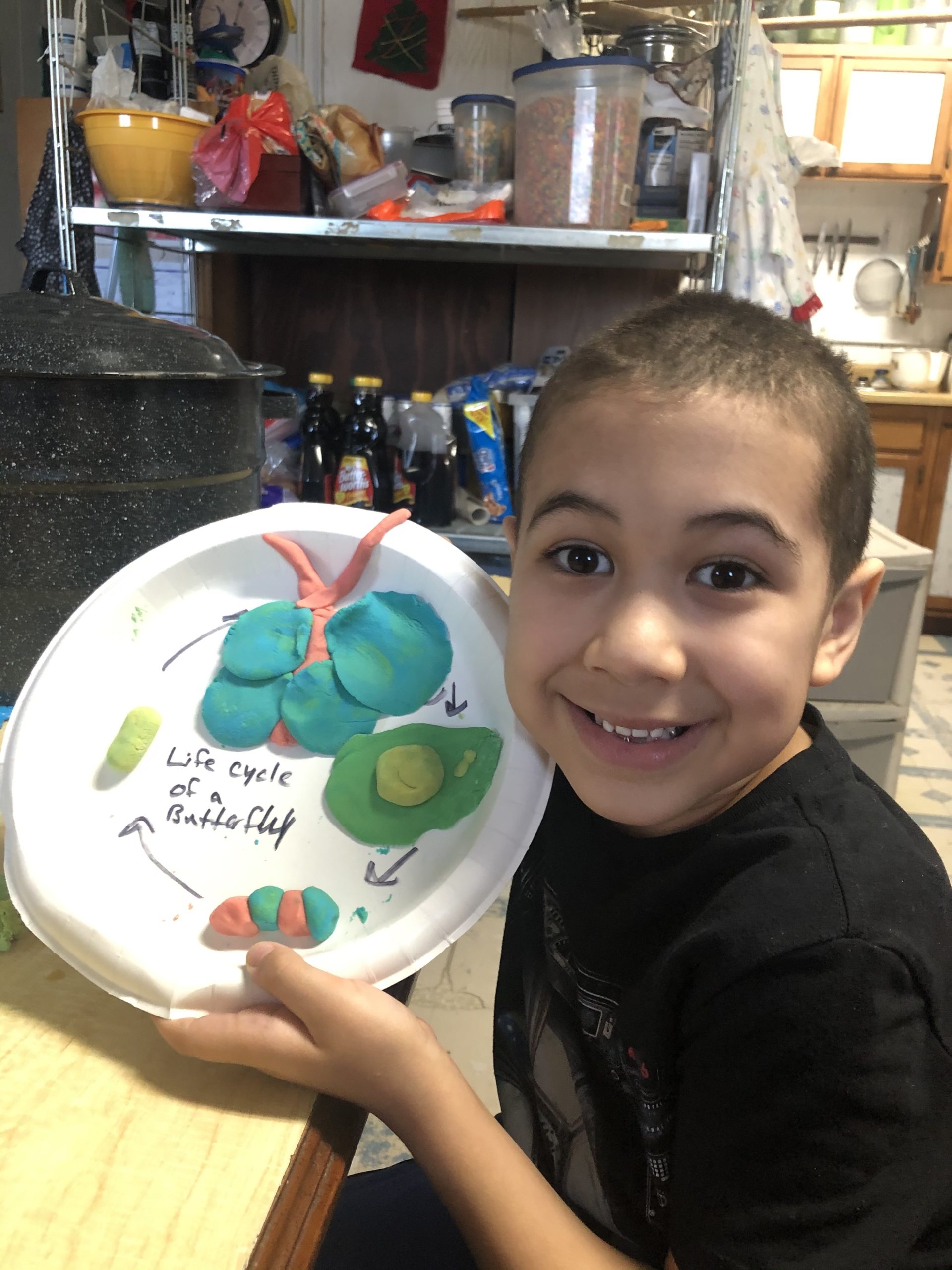

Adult Education
Since 1979, SERRC has provided adult education services throughout Southeast Alaska, consistently provided a variety of classes, including: basic skills, pre-secondary and secondary education, English as a Second Language (ESL), literacy, civics, citizenship preparation, employment skills, and more.
Adapting to COVID-19, instructors transitioned to a virtual classroom environment. Students engaged in one-on-one and small group lessons with adult education instructors using Zoom and other video conferencing platforms. Students also had access to a recorded video library, with practice activities, as well as an online learning management system.
As staff expanded their online teaching skills, the adult education team expanded the program in rural communities throughout Southeast. Students from Haines, Hoonah, Petersburg, Klawock, Hydaburg, Kake, Wrangell, and Metlkatla joined the online learning. The program saw impressive growth in rural communities and had two new graduates earn their high school equivalency diplomas in Petersburg and Klawock!
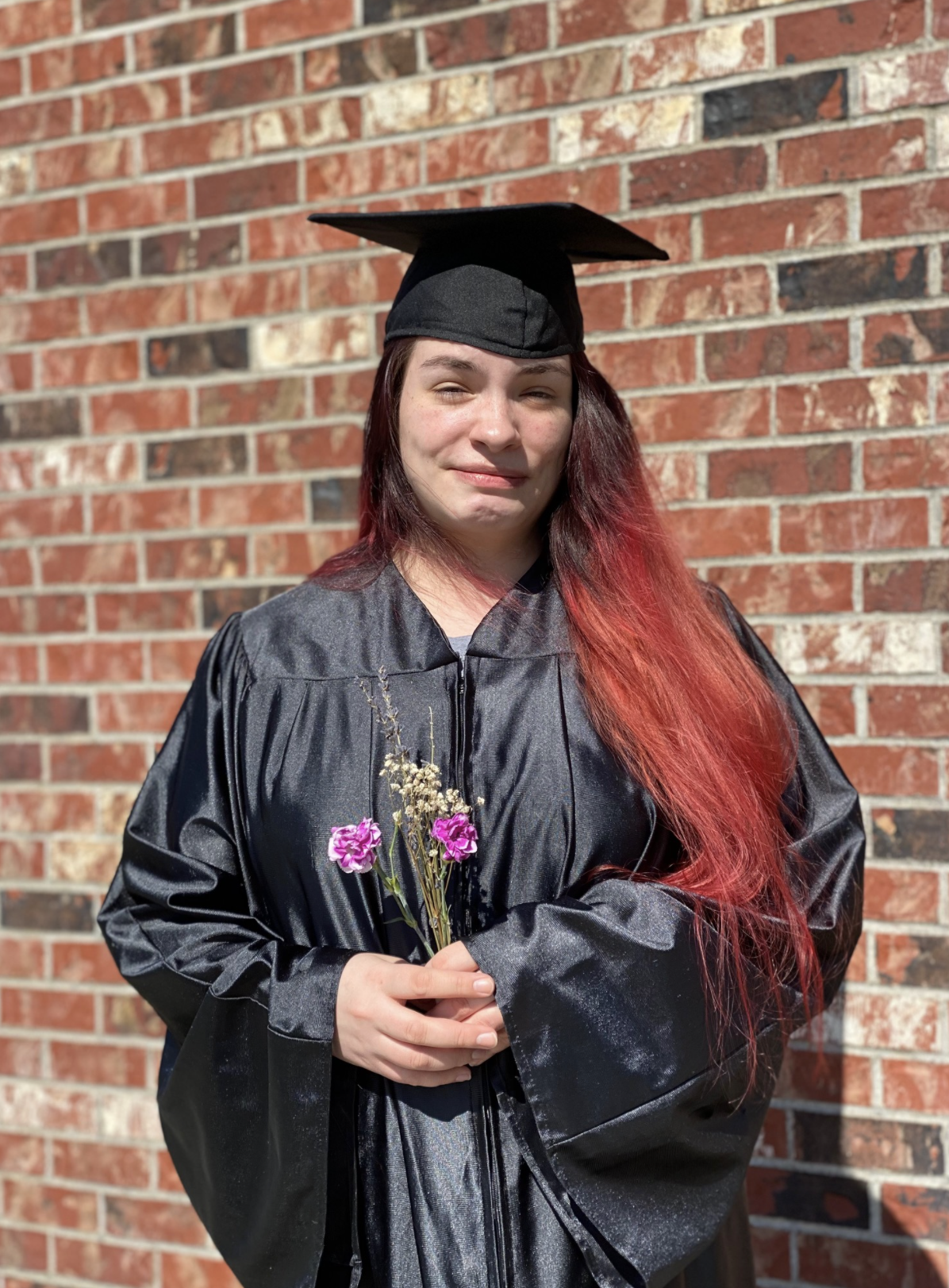
28 graduates in Juneau, Sitka, Ketchikan, Petersburg, and Klawock
92% GED Exam pass rate
Over 120 students served
Adult Education services provided in 10 rural communities
Full-time students increased:
200% in Hoonah and Angoon
100% in Prince of Wales
100% in Wrangell

I want to express my gratitude for [my ESL teacher's] patience and dedication. She taught me things that help me in my daily life. The work that [SERRC is] doing is really important to the community and it helps people like me to acquire communication skills. You cannot imagine how difficult it is not to be able to communicate with other people. Thank you so much!

trades training
TLC's Trades and Health Care Training Program provides tuition, books, and support for participants to take classes in construction, welding, mechanics, health care, and behavioral health care with the goal of obtaining or maintaining employment.
61 participants successfully completed 141 classes in health care and the trades
14 participants earned 18 Occupational Endorsements
4 participants became licensed Certified Nursing Assistants
3 participants became licensed Emergency Medical Technicians
COVID brought its challenges but some of the strategies developed for enrollment and registration will carry on into the future to increase accessibility for participants.
UPLIFTING PROGRESS
William took the spring Safety for the Trades class earning OSHA 10, First Aid/CPR, and Forklift certifications. He was most excited about learning to drive a forklift. He was hired at Home Depot the next week. He also enrolled in a summer welding class and was working on his math to apply to a technical school for the fall.
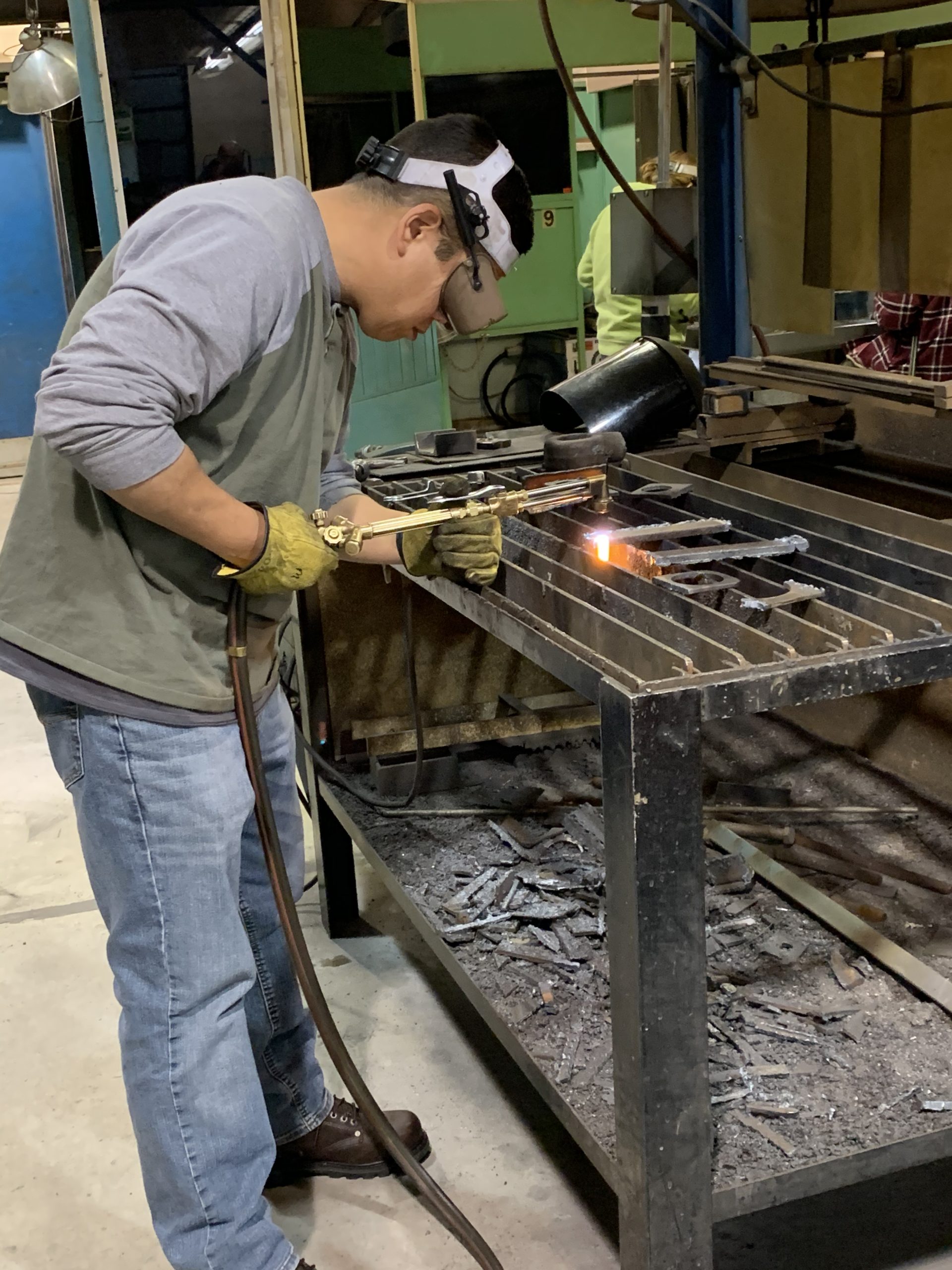

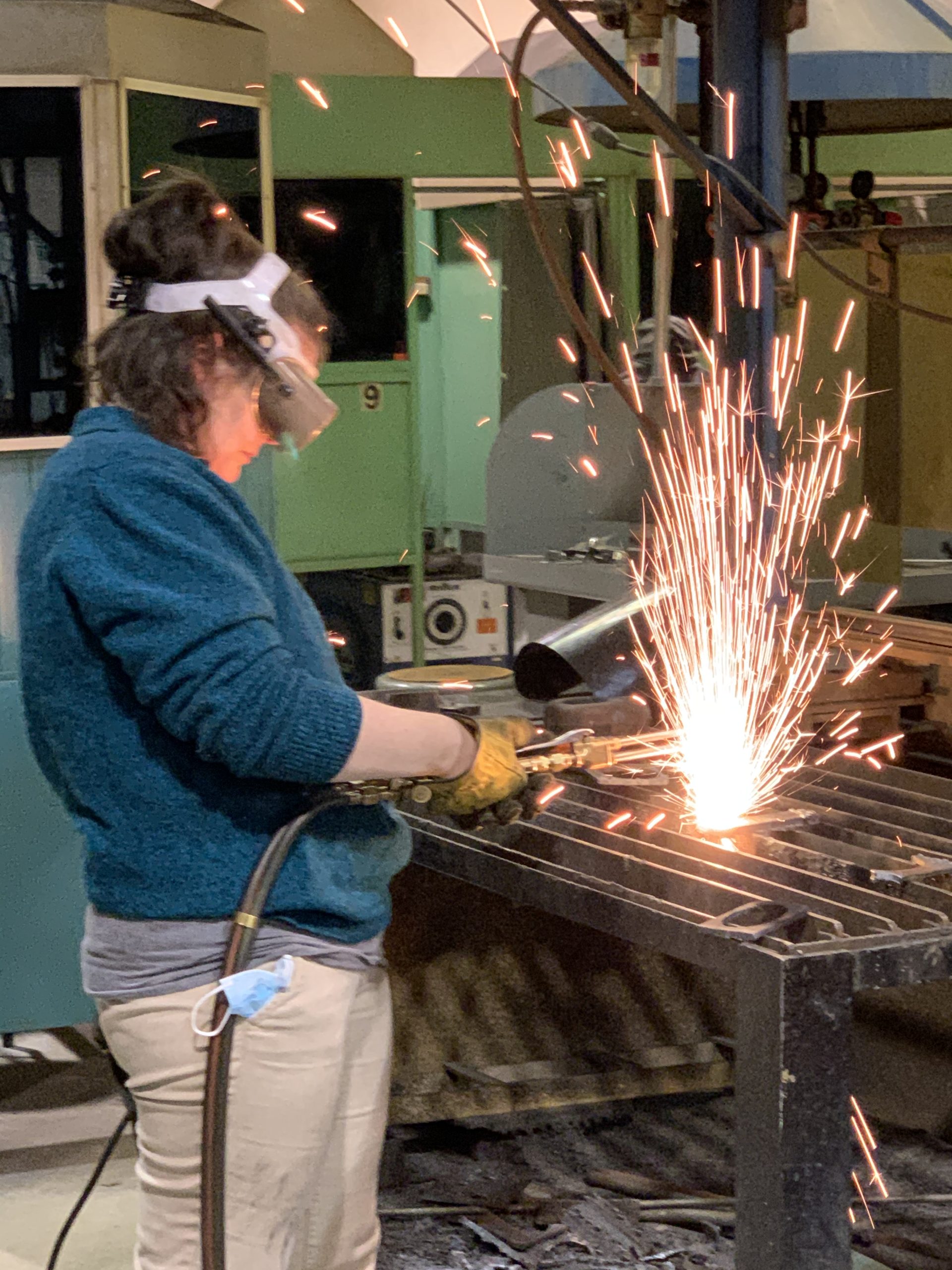
Youth workforce development
JobX serves at-risk youth who are out-of-school and aged 16-24. The program provides individualized support to help complete a GED or return to high school to complete a diploma, earn workforce credentials, explore and enroll in training and post-secondary education, gain job skills through subsidized work experiences to find and keep a job, and support life skills.
24 youth served
4254 hours of career training completed
3250 hours in worksite placements building skills
PATH TO SUCCESS
At 16, Angel enrolled in the JobX program and earned his GED. Through JobX he gained his first work skills in childcare, he completed driver’s safety and got his license through SERRC’s AK Drive program, he has participated in two PATH Academy Healthcare Pre-apprenticeships to gain insight and obtain micro credentials in the healthcare field. Currently Angel is working towards an Occupational Endorsement in Behavioral Health with UAS and he recently completed certification as a Peer Support Specialist for people with lived experience and in recovery from mental health challenges and is gaining more work skills with NAMI.
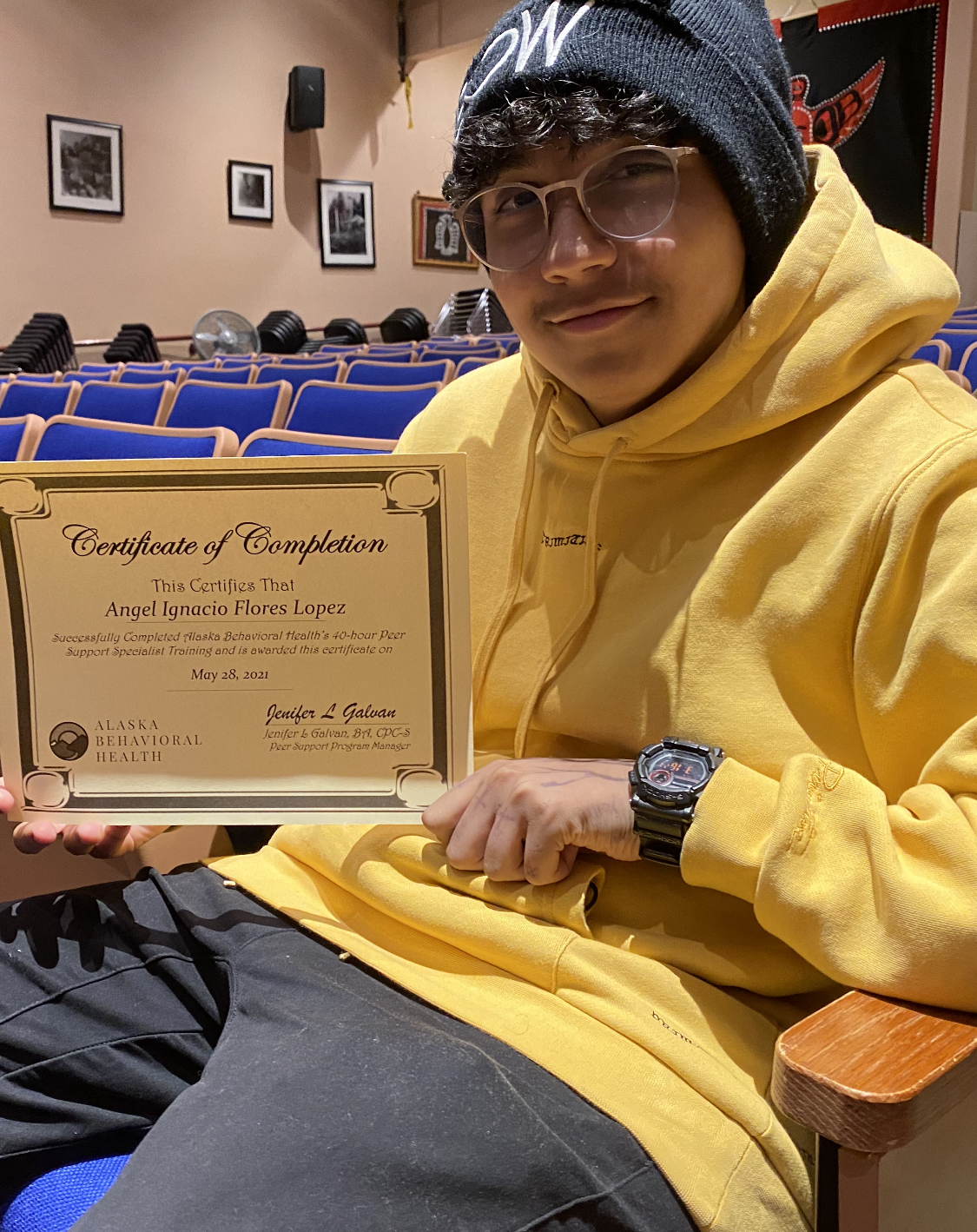
mature adults seeking skills training (mASST)
SERRC's Mature Alaskans Seeking Skills Training provides subsidized, community service-based training for low-income seniors who are unemployed and not work ready.
SERRC serves five of the six regions in the state: Southeast, Northern, Interior, Mat-Su and Gulf.
92 seniors
16 communities
45,742 community service hours
16 seniors found employment after community service training at an average of $16.56 per hour
12.7 months is the average duration of participation in MASST
A SAFETY NET
"MASST is a real safety net," participant Cathy said. It enabled her to move from Anchorage to Fairbanks and get her feet back in the employment pool in a new community. Cathy said it was a tremendous advantage to be in MASST while looking around the new community for jobs and housing. She was going through some life challenges and MASST provided training, a job in a host site, and a wage. Without MASST, Cathy said she would not have been able to leave the rescue mission and access low income housing. MASST also helped by providing interview clothing, assistance with her résumé, and the Alaska Jobs online portal. She's now employed at a lodge and looking at a potential promotion.
AK Drive
AK Drive provides driver training for students of all ages, with online and behind-the-wheel training. AK Drive prides itself on small class sizes, impactful learning activities and certified driving instructors.
20 students completed the program and learned to drive.
3 students are currently completing behind-the-wheel training

Alaska Academic Decathlon
The United States Academic Decathlon is a national scholastic competition designed to stimulate intellectual growth, develop critical thinkers and create lifelong learners. Designed for students with varying GPAs and abilities, this program encourages academic rigor and small group engagement.
In Alaska, the Academic Decathlon program provides opportunities for students to excel as individuals and as an integral part of a team. Each student is challenged to be their personal best along with gaining productive cooperation and collaboration skills.
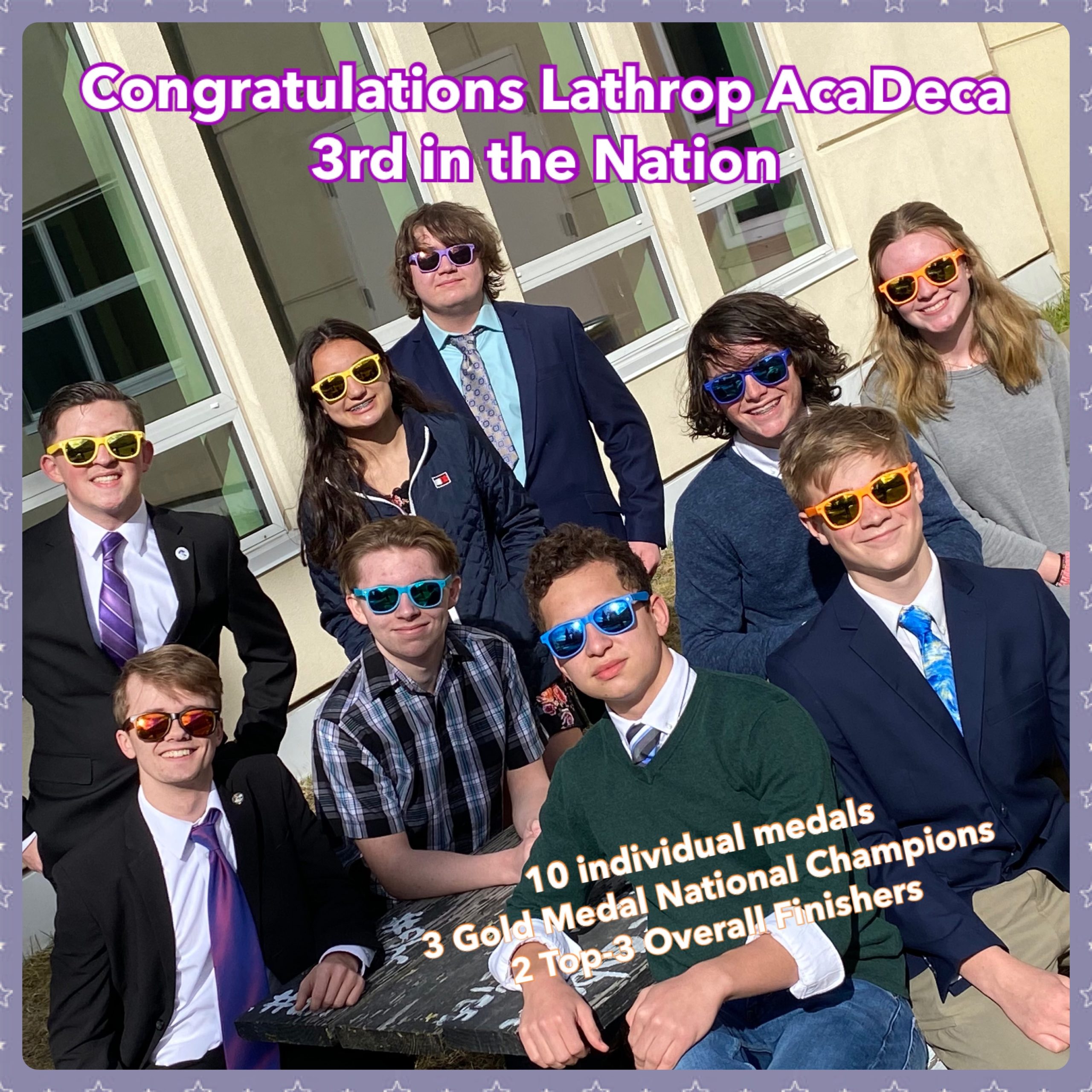
This ten-event scholastic competition spans subjects, including art, economics, literature, mathematics, music, science, social science, essay, speech and interview, on a new theme each year.
In FY21, a team from Lathrop High School in Fairbanks won the Alaska state competition and placed third nationally in its category.
The year’s theme was The Cold War and the Alaska and National competitions were held remotely due to the COVID-19 pandemic.
160 students from 10 school districts participated in 2021
$24,000 in scholarships were awarded to the highest scoring students in each GPA category

Alaska Transition Outcome Project
The Alaska Transition Outcome Project (ATOP) provides secondary transition training for teachers and transition camps for students.
117 students accessed Transition Camp programming online or in-person.
343 teachers attended webinars to expand their secondary transition knowledge.
At the end of every camp, the students complete a survey which asks what they found most helpful. One student from Fairbanks Youth Facility responded to this question with: "...hearing that my life can be what I want it to be, and that this isn't the end of my road."
In response to the COVID-19 pandemic, SERRC developed TransitionAlaska.org, a website with secondary transition and training resources for educators and students. There are 246 adults and 18 students registered.

Being able to use TransitionAlaska.org with my students in my life skills class was a lifesaver. I was able to expose them to so many post-secondary concepts, and it saved me so much time because I did not have to develop the core of the lesson. I would recommend it to any teacher who works with students who have post-secondary goals.


Business Services
SERRC provided contracted business services to 4 Alaska School Districts and one non-profit organization during FY 21 as well as managing the financial activities of the Southeast Regional Resource Center.
Contracted business services provided by SERRC are performed from the office in Juneau with assistance from local on-site staff at the district. SERRC is the business manager of record for grants, payroll, accounts payable and all other financial duties of the district. Annual budgets are prepared with input and information from the district superintendent and board of education. Annual budgets range from $1.4M to $6.7M
Shared business services create substantial savings to districts who choose this option.

Facilities
SERRC’s facilities department offers a wide-array of services to assist districts with obtaining funding for and implementing capital improvement projects, project and construction administration, computerized maintenance management systems, and AHERA asbestos reinspections to help districts keep their buildings safe and in compliance with state and federal regulations.
34 districts
111 communities
16,000+ students
56% of all state CIP applications submitted in FY21 representing $238 million for 21 districts
26 districts use the computerized maintenance management system
SERRC submitted the only CIP project funded in FY21, a roof replacement and structural repairs at the St. Paul School, and was responsible for three of the six major maintenance projects included in the combined operating and capital budget.
(STRUCTURAL) INTEGRITY
The school building in St. Paul is unique — 50 years old and built in phases over the lowest draining point in the community. Over time, the floor of the library had settled and sunk 11 inches, putting stress on the roof and causing some walls to bow and crack. When snow or ice accumulated on the roof, 40 percent of the building had to be abandoned, moving students into the remaining classrooms. During FY21, the school operated on a split schedule to allow for social distancing. This capital improvement project, completed in the summer of 2021, most notably leveled the floor, replaced trusses and replaced the roof, allowing full use of the school building for the FY22 school year and making social distancing a possibility with a standard schedule as the pandemic continues. The project was an important one for a community Superintendent John Bruce described as working “extremely hard to be safe,” and it would't have been possible without SERRC.

Grant Management
SERRC supports districts in writing their federal program applications, budgets, and annual performance reports.
SERRC supported nine districts in determining how to effectively use funding across programs to best support student learning, delivery of instruction, professional development and safety in light of the impacts of COVID-19.
Adapting to the pandemic has led to an even more comprehensive approach to planning and use of federal funds to address student learning, family and community involvement, and effective instruction targeted to the needs of each child.
25 grants worth $1,925,492
6,676 students impacted

SERRC holds the institutional knowledge that allows our Federal Programs to be successful in meeting the needs of our students. I have found SERRC's professionalism and timely support to be a valuable asset in developing our programs, responding to monitoring, and with reporting. Through this partnership, we are able to focus internal resources to areas of the District that will support student growth and learning.

Professional Learning
SERRC offers professional learning opportunities for educators, staff and school and district leaders on a variety of topics. In FY21, the central focus was culturally responsive practices. SERRC partnered with Sealaska Heritage Institute (SHI) in this ongoing work, with funding from the Alaska Native Education Program.
Opening Doors to Alaska Native Students
SERRC and SHI are working with Tanana, Petersburg, Mt. Edgecumbe, Hoonah, Kake, Hydaburg, Yakutat and Chatham school districts to develop internal capacity for culturally responsive education. In addition to completing a cultural proficiency certification program, these districts are also piloting standards for evaluating the effectiveness of culturally responsive school leadership practices, and working with Alaska Native community partners to analyze and revise policies for equity.
31 school and district leaders are working toward certification in Cultural Proficiency training.
94% attendance rate for leadership training,
440 hours dedicated by 5 consultants toward Culturally Responsive Leadership standards.
100 hours of training delivered to 175 educators.
9 Alaska Native community partners are reviewing school district policies.

This important work will support all of our diverse learners in Alaska. SERCC’s leadership is focused on the hearts and strengths of people and developing supports that challenge us to become whole and valued contributors in our world.


Region 16 Comprehensive Center
The Region 16 Comprehensive Center, a consortium of three statewide organizations representing 29 education service agencies across Alaska, Oregon and Washington, works to engage state, regional, tribal, school, and communities as partners to improve the quality and equity of education for each student by providing evidence-based services and support. R16CC works closely with each state’s Chief State School Officer to develop and update a state service plan.
Leadership and mission critical work
In FY21 R16CC provided leadership coaching and workshops for the Alaska Department of Education & Early Development.
6 Situational Analysis sessions for 25 DEED staff
40+ weekly one-on-one sessions with 6 leaders
Beyond the Bell
Beyond the Bell was a year-long series of professional learning events, including professional book studies, teaching early literacy remotely and more.
7 Professional Book Studies with 315 participants from 35 districts
4 Community Forums with 130+ participants from 27 districts
6 sessions of Teaching Early Literacy Remotely with 65 educators from 19 districts
6 sessions of Supporting Early Literacy Instruction with 82 paraprofessionals and parents from 8 districts
School Improvement Process
R16CC is supporting DEED in the redesign and implementation roll-out of their school improvement process that focuses specifically on Comprehensive Support and Improvement Schools (CSI). This led to the first guidebook in the Alaska School Improvement series, Rural Empowerment Playbook: A Hands-On Guide for Successful School Improvement, which is in final review before publication.
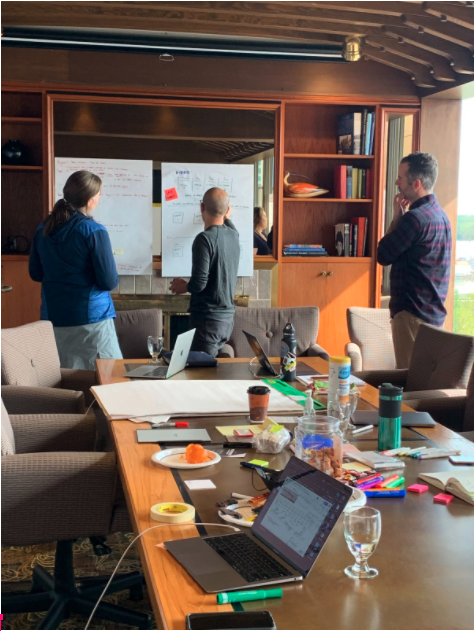
Rural teacher support
R16CC supports the state of Alaska’s teacher retention and recruitment goals by developing the capacity of AKRISE, a network of rural educators who can collaborate and connect to improve teaching and learning.
The network supports rural educators by providing in-person and virtual meetings and facilitating collaboration with job-alike groups, connecting rural educators across the state.
AKRISE is a subnetwork of the regional NWRISE network that works to connect rural educators across our three-state region (Alaska, Washington and Oregon) in addition to Idaho and Montana.
2 convenings grew to 69 participants
6 monthly meetups grew to 148 participants

Special Education Related Services
SERRC provides special education services to districts across the state, including physical therapy, occupational therapy, and speech and language therapy, as well as psychologists and education specialists who work with students, districts, and families to help develop meaningful special education programs.
913 students
130 schools
24 districts
During the pandemic, SERRC pivoted to offer services virtually that were previously offered in-person only. Having developed procedures to provide services effectively remotely, virtual delivery will continue to be an option, improving accessibility for remote schools.

Southeast Alaska Area Health Education Center
AHEC supports rural workforce development activities in the areas of healthcare and behavioral health.
72 adults certified in Mental Health First Aid
34 high school students participated in activities and classes
24 people earned CPR First Aid certifications
22 community members trained in Adverse Childhood Experiences
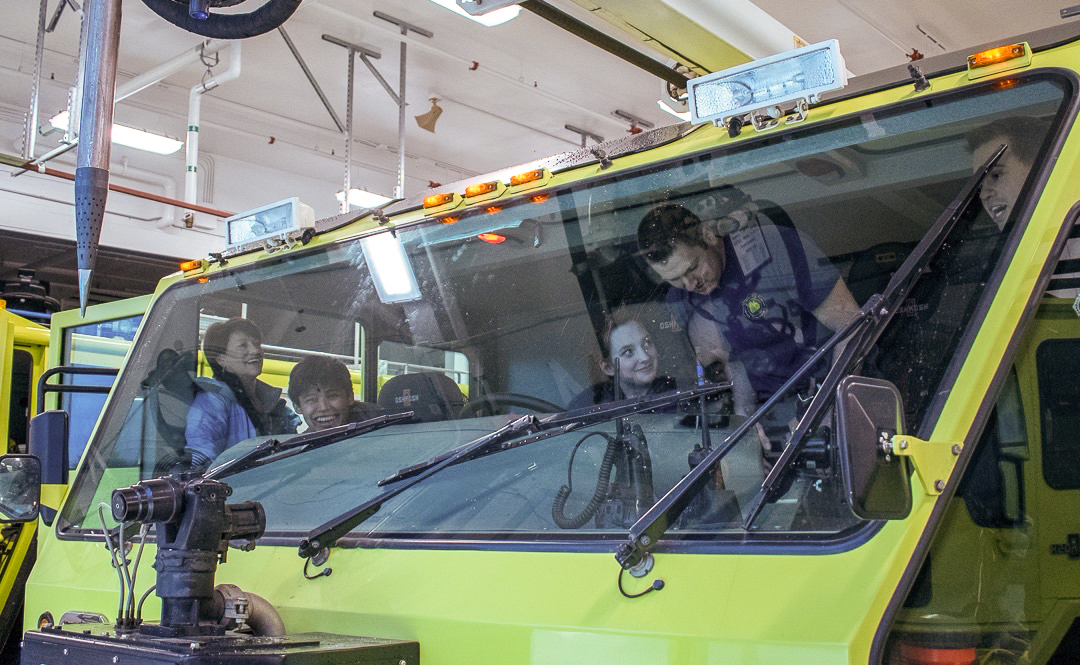
Students learned about the breadth of opportunities available to them in the healthcare and behavioral health fields, hearing from art therapists, radiation technologists, substance abuse counselors, EMT responders and firefighters, flight nurses, medevac pilots, surgical technicians and professionals in many other healthcare occupations.
As the pandemic continued, programs and services were offered virtually, with online camps, training and certifications.

Technology Operations
SERRC’s Technology Operations team is a leader in supporting learning through educational technology. Working with districts to craft plans that identify long term goals it has helped support and implement the technological infrastructure, innovation, and staff training that supports quality instruction.
With increased technology demands caused by the COVID-19 pandemic, TechOps rose to the challenge, providing capacity-building support for the Alaska Department of Education and Early Development, and helped districts plan for continued distance instruction by designing and implementing solutions appropriate to the technology and cultures in rural Alaska.
TechOps has long-established solutions for schools that integrate distance technologies for IT management, one of which is the ability to administer networks and end-user technology remotely. Because of this, during the COVID19 pandemic, many schools that use TechOps were already prepared. The pandemic only amplified the need for distance-enabled tech tools TechOps is able to implement.
15 school districts, 1 municipality and 3 non-profit agencies served
3,099 students impacted
670 email requests processed daily on average

Support from TechOps was invaluable throughout the pandemic. The learning opportunities and web-based assistance to districts from Alaska DEED was greatly enhanced by the technical assistance from TechOps staff — benefitting districts, schools, individual educators and stakeholders statewide. In addition, the support from TechOps allowed us to build capacity among our own staff, which will benefit the Department for years to come.

E-RATE
SERRC assists schools with E-Rate applications, management and appeals. The Federal Communications Commission's E-Rate program provides discounts for telecommunications, internet access and internal connections to eligible schools and libraries.
This year, with the new FCC Order instituting the Emergency Connectivity Fund program due to the COVID pandemic, SERRC also provided coordination with districts to apply for these new funds to deliver connected devices such as laptops/tablets/cable modems/routers/hotspots and internet access to teachers and students who otherwise would not have access to remote learning.

SERRC has assisted the Aleutians East Borough School District in the completion of its E-Rate application since 2019. Kela Halfmann has been instrumental in navigating the complexities of our E-Rate submission in an exemplary manner.

SERRC helped secure:
$27,955,576.61 for internet
$55,732.50 for infrastructure
$233,765.22 for eligible equipment
$28,245,074 total funding approved
Serving 21 districts across the state
